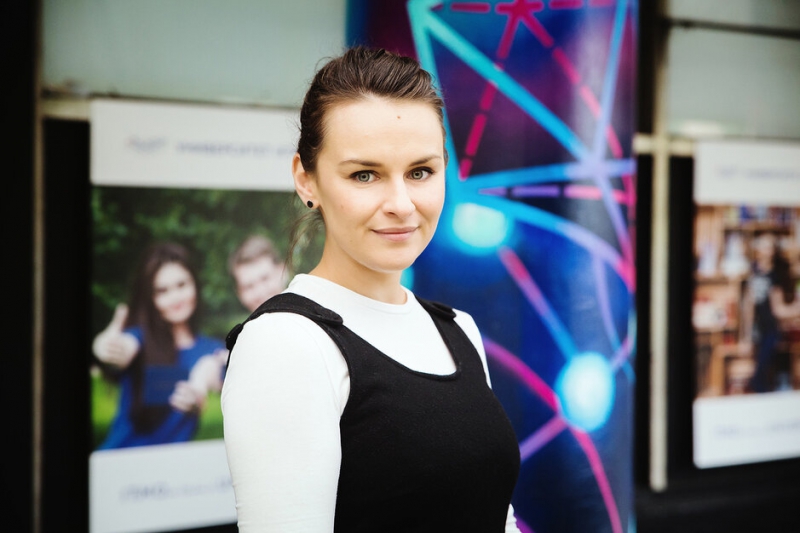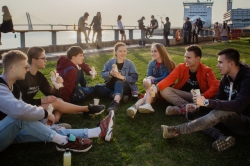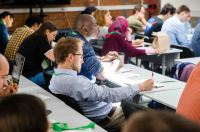Why did you come to ITMO University?
Since 2016, the Poznan University of Technology has been participating in the Erasmus+ program, which enables academic mobility with other countries. In order to receive such funding, you have to submit an application indicating the objectives of your trip. When choosing an exchange program, I searched for information about how universities in different countries coordinate their staff’s research projects. After learning about ITMO University’s approach, I decided to give it a go.
In what way is ITMO different from your home university in terms of how the scientific process is organized?
The structure of the two universities is very different. ITMO University researchers are, in my view, more independent. Both Polish and Russian scientists are free to choose a topic for research, but in Poland, you can’t, for example, participate in private projects coordinated by other organizations. You are always a part of your university, you work according to the rules of the institution and share all your ideas. At ITMO University, staff and researchers have more choice.
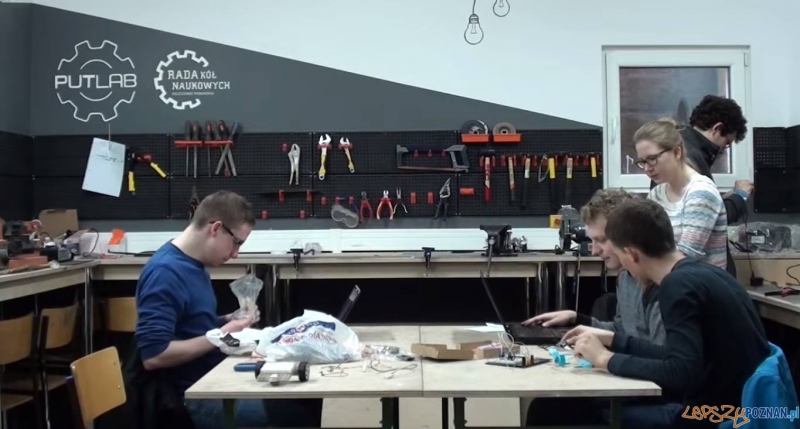
During my exchange, I visited the FabLab of ITMO University’s Technopark. I was struck by the originality of this project. It’s amazing that students have the opportunity to turn their ideas into reality. We at the Poznan University of Technology have recently launched a similar initiative, PUT Lab, the first platform for student-led developments in Poland.
How do you help students at your university?
The Poznan University of Technology successfully implements joint educational programs together with such companies as Volkswagen, which provides them with the opportunity to obtain the practice-oriented knowledge and skills highly valued in the labor market.
Our Career Center helps students find internships and jobs, write CVs and cover letters, prepare for interviews. Since 2014, our academic business incubator has been offering students to take part in the “Launch Your Own Startup” competition. Students of all majors can apply for participation. The competition winners receive support with the protection of their intellectual property rights, as well as technical, technological and financial support.
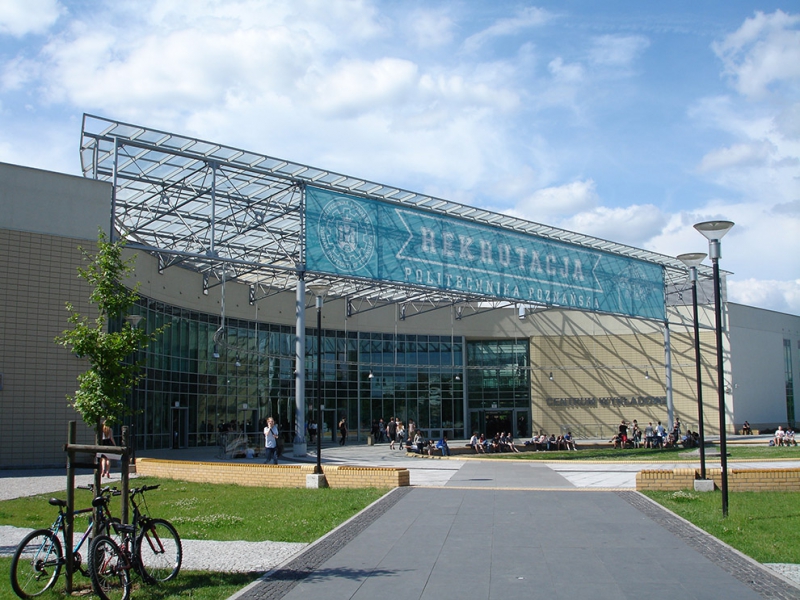
Some of our students say that lecturers don’t pay due attention to practice. In my opinion, the example of joint educational programs shows that we are moving in the right direction. Polish universities and businesses also see the advantages of closer cooperation.
What are other areas that need to be improved upon?
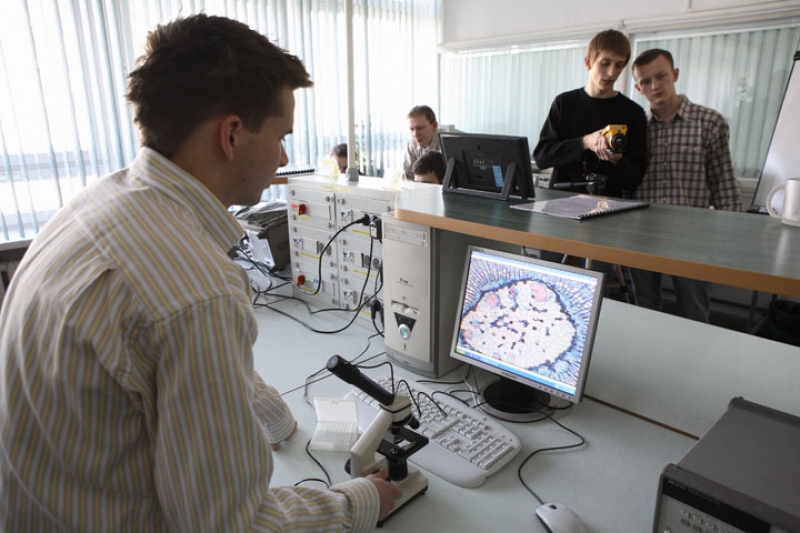
Both in Poland and Russia, many students and researchers are afraid of participating in exchange programs. Our task is to motivate and encourage them. The language barrier can also be a problem. You can speak English pretty well, and even write scientific papers in it, but making a speech at a conference can still be a challenge.
We try to address this issue by making international cooperation more widespread. The Poznan University of Technology is involved in two large-scale projects aimed at improving the academic mobility of researchers and lecturers: Horizon 2020 and Erasmus+. Horizon 2020 brings together scientists and representatives of the industry from Europe and all around the world to produce science and technology that stimulates economic growth. Erasmus+ encourages mobility among scientists and provides them with financial support and opportunities to work at different partner universities. I came to ITMO thanks to the Erasmus+ program.
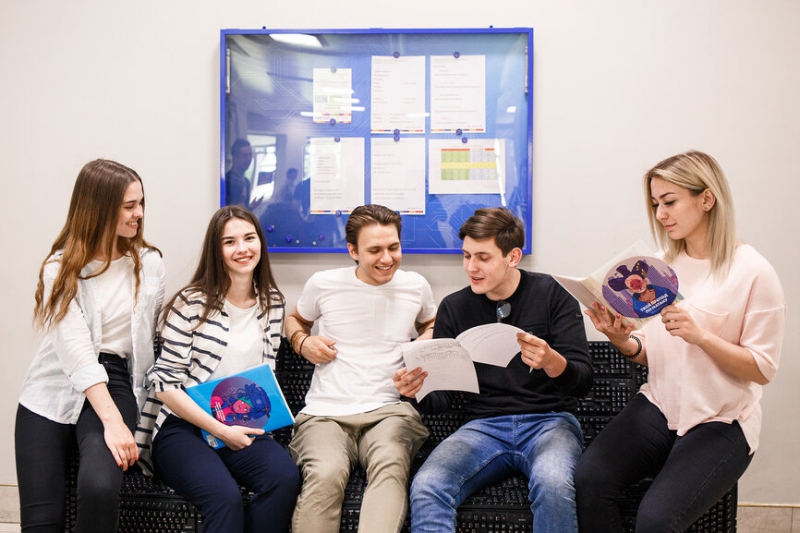
How do you at the Poznan University of Technology approach this problem?
At the Poznan University of Technology, we organize exchange promotion events in two formats: formal, with PowerPoint presentations, and informal, in the cafeteria. I think that’s how we achieve balance. First, students learn about the programs and then talk to people who have been on an exchange program and can help them navigate their way in a new country: find an apartment, get a bank account, and so on.
Aren’t you afraid that students’ opportunities to go on mobility programs may suffer due to the current political climate between Russia and the European Union?
I believe that education should be free from politics. Students should not lose opportunities such as Erasmus+ and Horizon 2020, as they offer a unique chance to explore the world.
What plans do you have for cooperation with ITMO University?
We would really like to build bridges between our universities. Currently, the Poznan University of Technology has more than 280 agreements with other universities under the Erasmus+ program, and we hope to expand our collaboration with ITMO. In 2017-2018, more than 280 of our students went to study abroad, and we welcomed more than 170 international students.
